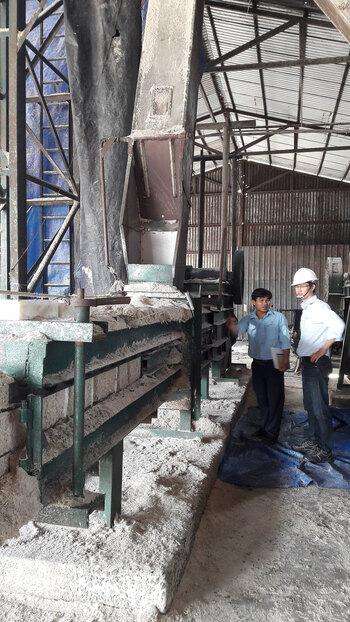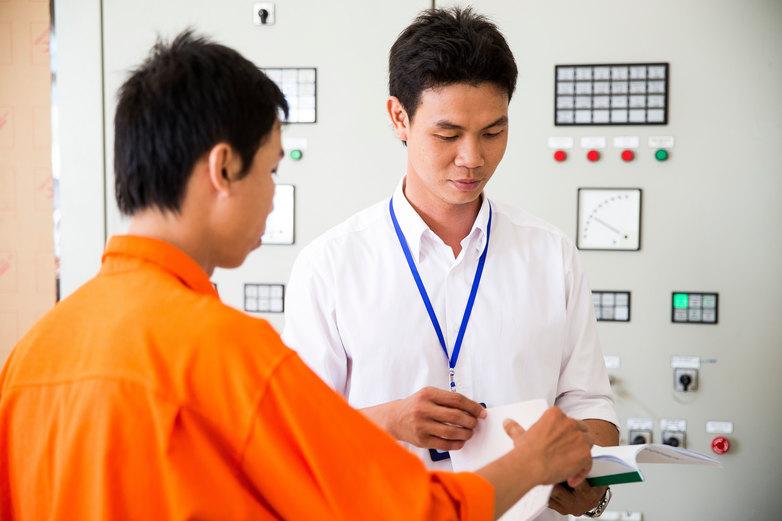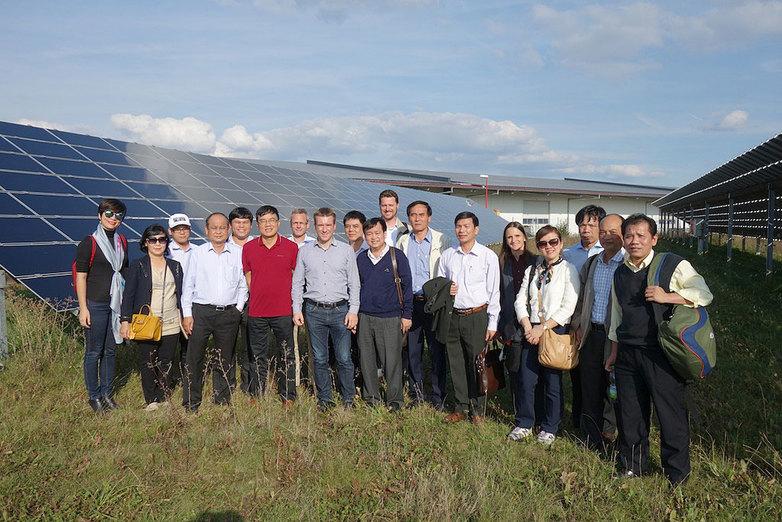Context
Viet Nam is one of the fastest growing economies in Asia. This rapid growth goes hand-in-hand with a rising demand for electricity, which, according to the National Power Development Master Plan, is set to triple by the year 2030. The heightened demand is to be met primarily through coal-fired power stations. The increased use of renewable energy and greater energy efficiency are essential, if the country’s growth is to be environmentally sustainable and socially responsible. These targets have been set out in Viet Nam’s Green Growth Strategy.
To date, stakeholders in Viet Nam have not yet fully recognised renewable energies as a viable alternative to conventional energy sources. In addition, project developers, investors, donors and public decision-makers lack the expertise and experience to develop renewable energy. In terms of energy efficiency, while several support programmes have been implemented the available data is insufficient and there is no systematic overview of the savings potential.
Adding to these challenges, Viet Nam is also particularly vulnerable to the effects of climate change. The greater use of renewable energy and an increase in energy efficiency would help minimise greenhouse gas emissions and contribute to climate protection.
Objective
The necessary legal basis and expertise are in place for the development of renewable energy and the promotion of energy efficiency.
Approach
Renewable energy: the 4E project supports the Vietnamese Ministry of Industry and Trade in planning the development of biomass and solar energy. This includes conducting economic and technical studies to address the potential and applications of biomass and solar energy in Viet Nam. The project also conducts technical studies and training measures to underpin the ministry’s efforts to improve the legal framework for renewable energy. In other training programmes, it promotes expertise among stakeholders in the private sector, including banks, investors and industry representatives.
Energy efficiency: the project is contributing to the creation of an energy efficiency database for energy audits to identify potential savings on the part of almost 1,700 energy-intensive industrial enterprises. To this end, existing energy audits and regulations are reviewed and potential improvements indicated. In addition, the project is advising the Ministry on new instruments for the promotion of energy efficiency in industry, and assisting it with the implementation of successful international models, such as energy efficiency networks. To develop the available expertise on efficient energy use, the project organises workshops for public- and private-sector actors.
Results
Supported by the project with its advisory services, the Vietnamese Government has committed itself to significant increases in the amounts of biomass energy for power generation, as well as the more rapid expansion of solar energy use by 2030.
Renewable energy
The project has advised the Ministry of Industry and Trade and local authorities in selected provinces on technical aspects of planning and implementing renewable energy measures, at national and provincial levels. The main focus was on integrating biomass and solar energy. For the first time, solar energy and efforts to increase the share of biomass energy have been included in the national planning of power development.
In following up the work of earlier projects, the 4E project has continued to support the development of feed-in and avoided-cost tariffs for biomass energy projects. These support mechanisms have led to investments by the sugar industry. Early in 2017, 457 MW of electric power were generated in combined heat and power facilities fuelled on bagasse, the fibrous material left over after the processing of sugar cane and sorghum. Of this, 175 MW was sold to the grid, thereby saving more than 130,000 tons of C02. The project also advised the government on improvements to its newly launched feed-in tariff for solar energy.
In a range of capacity building activities, almost 500 bioenergy and photovoltaic experts gained a better understanding of regulatory frameworks, economic viability, technical procedures and ways of financing biomass and solar energy projects. The participants included national and provincial level policymakers, bankers and investors from more than 170 public and private institutions, organisations and companies.
At the same time, the project has developed a set of guidelines intended to facilitate grid-connected biomass projects in Viet Nam, which outlines the most important project development processes in the biomass sector.
Energy efficiency
The project provided technical advice to the Vietnamese Government on the introduction of a regulatory framework for greater energy efficiency in the country. The government also received support in assessing the capacities of existing energy service providers, including a review of the results of 250 previous energy audits.
With the assistance of the project, Viet Nam’s first energy efficiency network has been set up. This is intended to help local companies reduce their energy costs, improve their productivity and competitiveness and increase their innovativeness. The network is a communication platform that enables companies to improve their energy efficiency by sharing and learning from each other.
Energy audits have been conducted for the first eight members of the network, active in different industrial sectors, including paper, garments, plastics, logistics and rubber.
To enhance the expertise, for instance of energy auditors, energy managers in industrial enterprises, and national and regional authorities, the project has produced an energy audit handbook. This is also available to the general public.


